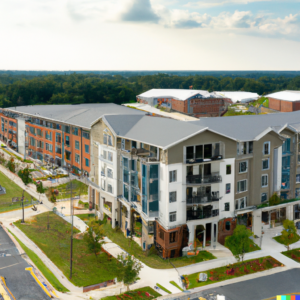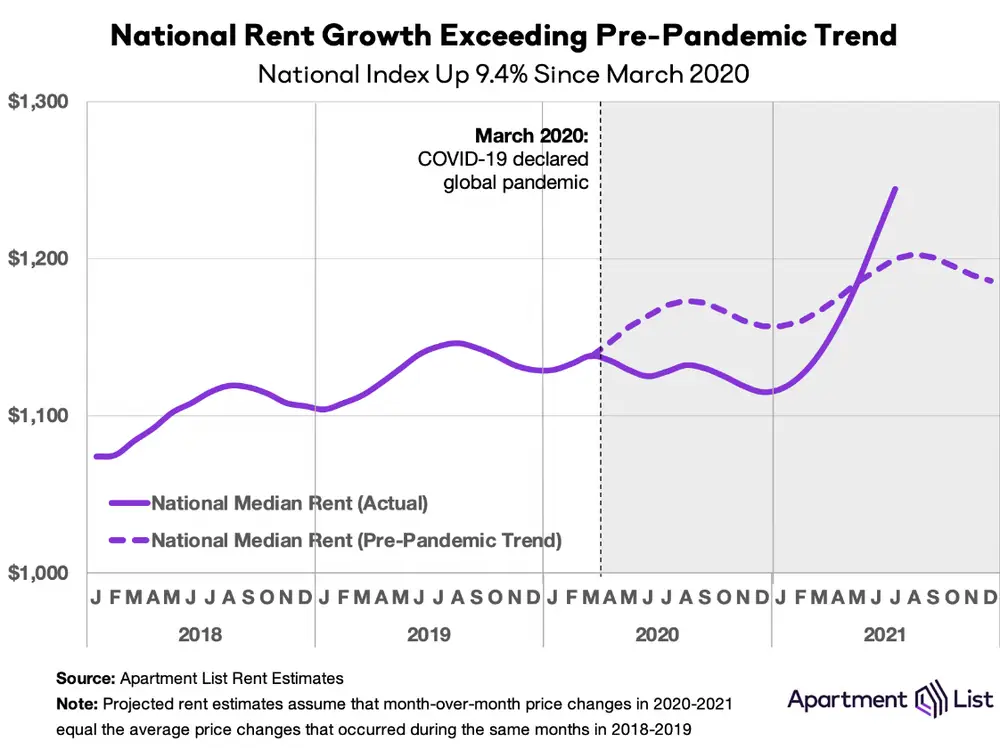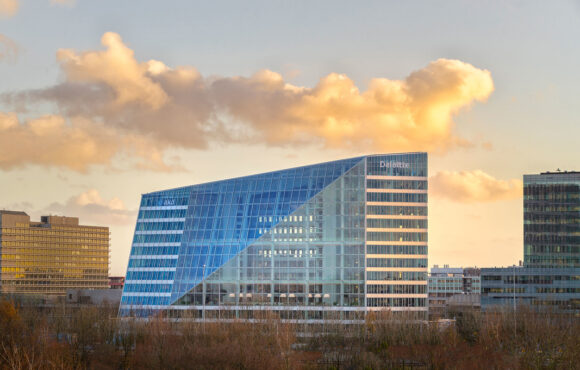Doctor of Law & Policy, MSc, PMP, licensed: General Contractor, Real Estate Broker, Lean Six Sigma Green Belt, college professor, and keynote speaker
MISSION STATEMENT:
At MUSSON Factory, our mission is to help government agencies and elected officials adopt policies that promote modular construction, especially for affordable housing and permanent supportive housing (PSH). We leverage our industry expertise to identify opportunities and strategies that support the growth of modular construction, with the goal of creating sustainable, cost-effective, and accessible housing for individuals and families across the country. We are committed to working with our clients to remove obstacles to the rapid development of affordable housing and advancing the use of modular construction as a transformative solution to the affordable housing and homelessness crises.

There is a growing consensus among real estate developers and policymakers that modular construction could transform the housing industry by offering a faster, more cost-effective, and sustainable alternative to traditional construction methods. At MUSSON Factory, we work with government entities to identify the most effective strategies and policies to promote modular construction within their communities.
Our team of experts has extensive experience working with government agencies, housing advocates, and private developers to identify opportunities for modular construction and implement strategies that support its growth. We are all active practitioners in our respective fields, with direct experience navigating obstructive public policies. Together, we represent the front line of industry experts who can help you identify and remove obstacles to the rapid development of affordable housing built offsite in a factory.
We are committed to advancing the use of modular construction to create affordable housing that meets the needs of individuals and families across the country. Thank you for considering MUSSON Factory for your modular construction consulting needs. We look forward to partnering with you to make affordable housing a reality for more Americans.
The AFFORDABLE HOUSING and HOMELESSNESS crises are ‘Wicked Problems‘
Housing Crisis
The top 30 metropolitan districts, ranked by cost burden, post at least 50% housing cost burden. The top 100 cities range from roughly 40-60% cost-burdened.
(“Millions of Americans Burdened by Housing Costs in 2015,” 2015)
Across the United States, a shortage of affordable housing has reached crisis proportions, leaving many families struggling to secure a safe and stable shelter.
The U.S. is short more than 7.2 million rental homes that need to be both affordable and available to extremely low-income renters.
The COVID-19 pandemic has underscored the urgent need for innovative solutions to the housing crisis. Furthermore, the pandemic has exposed the deep inequalities in the housing market, with communities of color and low-income households disproportionately impacted by the crisis. According to a report by the National Association of Realtors, Black and Hispanic homeowners were more likely to be behind on their mortgage payments compared to White homeowners.
Homelessness
Homelessness remains a pressing issue in the United States, affecting hundreds of thousands of individuals and families across the country.
 Despite efforts by government agencies and nonprofit organizations to address the issue, the number of people experiencing homelessness has remained relatively consistent over the past decade. The COVID-19 pandemic has further highlighted the urgent need for action, as the economic fallout from the pandemic has left many individuals and families struggling to make ends meet. In this context, it is important to examine the trends and statistics surrounding homelessness in the U.S. and the impact of public policy on the issue.
Despite efforts by government agencies and nonprofit organizations to address the issue, the number of people experiencing homelessness has remained relatively consistent over the past decade. The COVID-19 pandemic has further highlighted the urgent need for action, as the economic fallout from the pandemic has left many individuals and families struggling to make ends meet. In this context, it is important to examine the trends and statistics surrounding homelessness in the U.S. and the impact of public policy on the issue.
People who experience homelessness are more likely to suffer from physical and mental health problems, including chronic illness, substance abuse, and mental illness. Homelessness can also lead to increased rates of criminal justice involvement, as well as lower educational attainment and reduced employment opportunities.
HOMELESSNESS POLICY CHALLENGES
The housing crisis at it’s most extreme
 Homelessness has been a persistent and complex issue with many contributing factors, including poverty, mental illness, substance abuse, domestic violence, and lack of affordable housing.
Homelessness has been a persistent and complex issue with many contributing factors, including poverty, mental illness, substance abuse, domestic violence, and lack of affordable housing.
In the 1980s, the federal government reduced funding for affordable housing and increased funding for rental vouchers resulting in a decrease in the number of affordable housing units and an increase in the number of people in need of housing assistance. Additionally, cuts to mental health funding and the closure of mental health facilities have contributed to the number of people experiencing homelessness.
Many cities have passed laws that criminalize activities associated with homelessness, such as sleeping in public places and panhandling. These laws often result in fines and arrests, which can further entrench people in poverty and make it more difficult for them to find stable housing.
LEADING POLICY SOLUTIONS
SEVEN popular policies, ZERO solutions
There’s no shortage of policies that have been tried…
Various policies have been proposed and implemented to address the problem, including inclusionary zoning, tax incentives, housing trust funds, density bonuses, expedited permitting, land banking, and rent control. While each policy has its strengths, they also have limitations, and affordable housing remains a wicked problem that requires comprehensive and innovative solutions.
-
- Inclusionary zoning:
- Tax incentives:
- Housing trust funds:
- Density bonuses:
- Expedited permitting:
- Land banking:
- Rent control:
Despite the widespread use of these policies, the supply of affordable housing remains inadequate across the U.S., especially in high-cost urban areas. The limitations of these policies highlight the need for a comprehensive approach to address the affordable housing crisis, especially the updating of land use and other policies that are not friendly to modern methods of construction.
A Modern Solution
ADVANTAGES OF MODULAR
10 ways MODULAR CONSTRUCTION is the most promising way to build affordable housing
MODULAR CONSTRUCTION has several advantages when it comes to building affordable housing and PSH:
-
- Cost-effectiveness:
- Speed of construction:
- Quality:
- Sustainability:
- Reduced site disruption:
- Higher energy efficiency:
- Improved safety:
- Higher quality:
- Government subsidies:
Overall, modular construction offers a range of advantages for affordable housing projects, including cost-effectiveness, speed, consistency, sustainability, flexibility, reduced site disruption, higher energy efficiency, improved safety, higher quality, and better financing options. By leveraging these benefits, modular construction can help make affordable housing more accessible and attainable for a wider range of communities and individuals.
Which of these soft costs can you address to be more attractive to affordable housing development?
The National Association of Home Builders (NAHB) and the National Multifamily Housing Council (NMHC) recently released a joint report highlighting the significant impact of regulations on the cost of developing multifamily housing. The 2022 edition of the report reveals that 40.6% of the total cost of developing multifamily housing is attributed to regulations. See the breakdown below…
RESEARCH RESULTS
What did the research reveal?
Research from the National Association of Home Builders and the National Multifamily Housing Council finds that various costs directly resulting from regulation contribute, substantially, to the prohibitive cost of multifamily housing development.
In aggregate, the cost of regulation accounts for 40.6% of the cost of multifamily housing development.
OBSTACLES TO MODULAR
What does government do to make it SO hard to get modular affordable housing built?
Just a few of the many PUBLIC POLICY positions that make modular construction more difficult…
-
- Building codes and regulations:
- Zoning and land-use regulations:
- Perceptions and misconceptions:
- Resistance from stakeholders:
- Financing:
- Site development:
- Lack of policy coordination:
- Inadequate promotion of opportunities:
By addressing these obstacles and others, we can create more affordable and efficient affordable housing opportunities for the developers that want to build in our communities.
We Help You WIN!
Our team, led by Dr. Musson, is uniquely qualified to help identify and adopt policies friendly to modular/offsite construction of housing. With expertise in real estate law, business transactions, project management, sustainable building practices, offsite construction, and public policy, our team members bring a diverse set of skills and experience. They have a proven track record of success, with individuals who have held board roles with industry organizations such as the Modular Building Institute and the Vancouver Regional Construction Association, as well as those who have served in executive roles at major construction companies. The combination of their skills and experience creates a multiplier effect that allows the team to work collaboratively to achieve our objective of promoting modular construction of housing.
THOUGHT LEADERS
Our Team
Richard Prantis
Architecture
The most prolific architect, designing modular multifamily housing in Southern California.
Jessica Mack
Energy Efficiency, Green Construction
Leading energy-efficiency expert, former group lead at Southern California Edison, Savings by Design expert
Duane Montgomery
Real Estate Law
Partner at one of the leading real estate development law firms in North America.
Baxter Slaton
International Development
Managing Director of a leading real estate developer, building housing, institutional, and destination retail across West Africa.
Kenny Hall
Module Logistics and Assembly
Former Project Lead at the top offsite/modular setting operation in the western United States. Has supervised the setting of tens of thousands of modules.
Craig Mitchell
Modular Construction Process
Principal - BlackBox Offsite Solutions & Offsite / Modular Construction Enthusiast
TESTIMONIALS
ADDITIONAL INFO
A little light reading…

Brochure
A synopsis of the housing crisis, the public policy barriers to building modular affordable housing, and the power of smart government to remove barriers and encourage affordable housing.





















